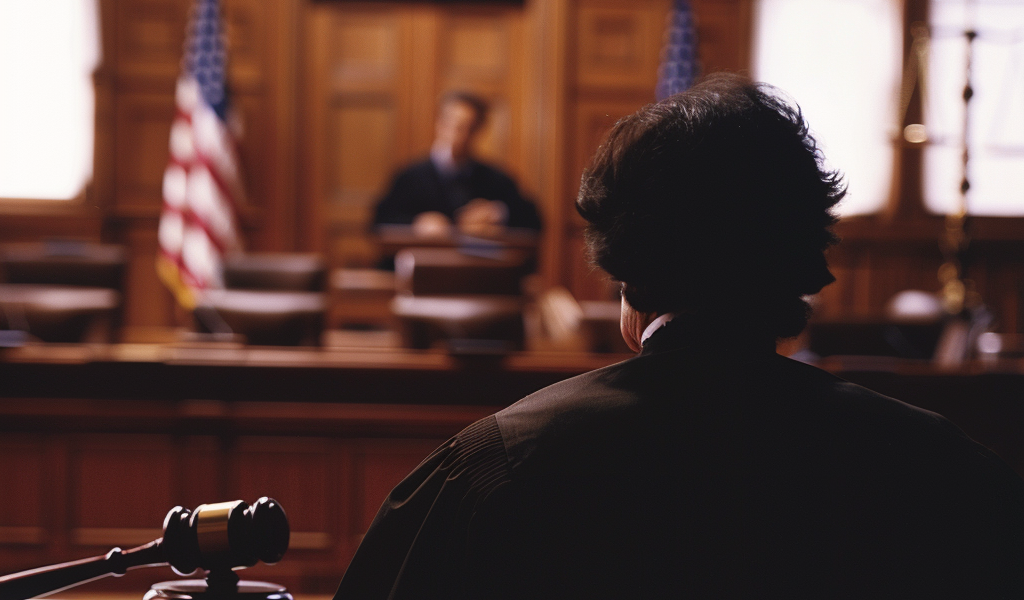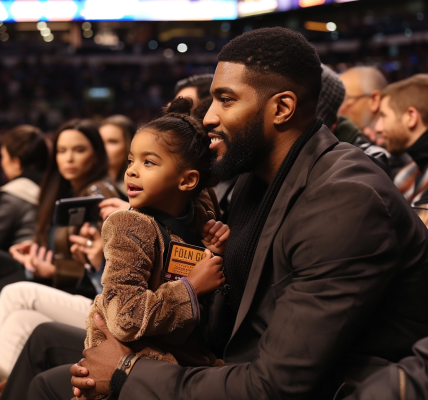A significant legal development has emerged in the ongoing case involving country music superstar Garth Brooks. A federal judge in California has recently denied Brooks’ motion to dismiss a sexual assault lawsuit filed against him by Jane Roe, a former makeup artist. This ruling, delivered by U.S. District Judge Michael W. Fitzgerald, comes as both parties navigate a complex web of legal battles across state lines.
On December 11, Judge Fitzgerald ruled that the claims brought forth by Roe, which include serious allegations of sexual misconduct such as assault, battery, and violations of California civil rights laws, will not proceed in California until a related case in Mississippi is resolved. This decision reflects the intertwined nature of the two lawsuits, as Judge Fitzgerald acknowledged the necessity of addressing jurisdictional and procedural issues first.
The roots of this legal conflict trace back to October 3, when Roe filed her lawsuit in Los Angeles Superior Court, alleging that Brooks had subjected her to sexual misconduct during her employment as a makeup artist for him and his wife from 2019 to 2024. In a strategic move, Brooks subsequently removed the case to federal court, citing diversity jurisdiction.
Complicating matters, Brooks had previously initiated a separate legal action against Roe in Mississippi, alleging defamation and emotional distress. This lawsuit was filed just days prior to Roe’s California case and has been characterized by Roe’s legal team as a “forum-shopping” tactic designed to circumvent California’s anti-SLAPP protections.
In his ruling, Judge Fitzgerald dismissed Roe’s request to submit documents for in-camera review as moot, indicating that such a review was unnecessary for his decision-making process. The judge emphasized the importance of allowing the Mississippi court to address the pertinent issues before proceeding with the California case.
As part of the ruling, Judge Fitzgerald mandated that Brooks must inform the California court of any developments in the Mississippi case within ten court days. This provision underscores the court’s acknowledgment of the ongoing nature of both lawsuits and the need for coordinated judicial oversight.
In response to the allegations, Garth Brooks released a public statement on October 3, vehemently denying the accusations made against him. He described the situation as a relentless barrage of threats and lies, equating the pressure he faced to having a “loaded gun waved in my face.” Brooks expressed his belief that paying hush money, regardless of the amount, would constitute an admission of guilt to actions he firmly denies committing.
Brooks further elaborated on his perspective, stating, “In my mind, that means I am admitting to behavior I am incapable of—ugly acts no human should ever do to another.” He emphasized that his legal team had taken steps to file a lawsuit against Roe, aimed at combating what he described as extortion and defamation of character. Notably, the lawsuit was filed anonymously to protect the privacy of both parties involved.
The legal proceedings surrounding this case are ongoing, with both Brooks and Roe prepared to navigate the complexities of the judicial system as they seek resolution. As the situation develops, the implications of these allegations and the subsequent legal battles will undoubtedly continue to draw public attention, especially given Brooks’ prominent status in the entertainment industry.
As the cases unfold, it remains to be seen how the courts will address the allegations and counterclaims, and what impact this will have on both Brooks’ career and the broader conversation surrounding issues of sexual misconduct in the entertainment world.





